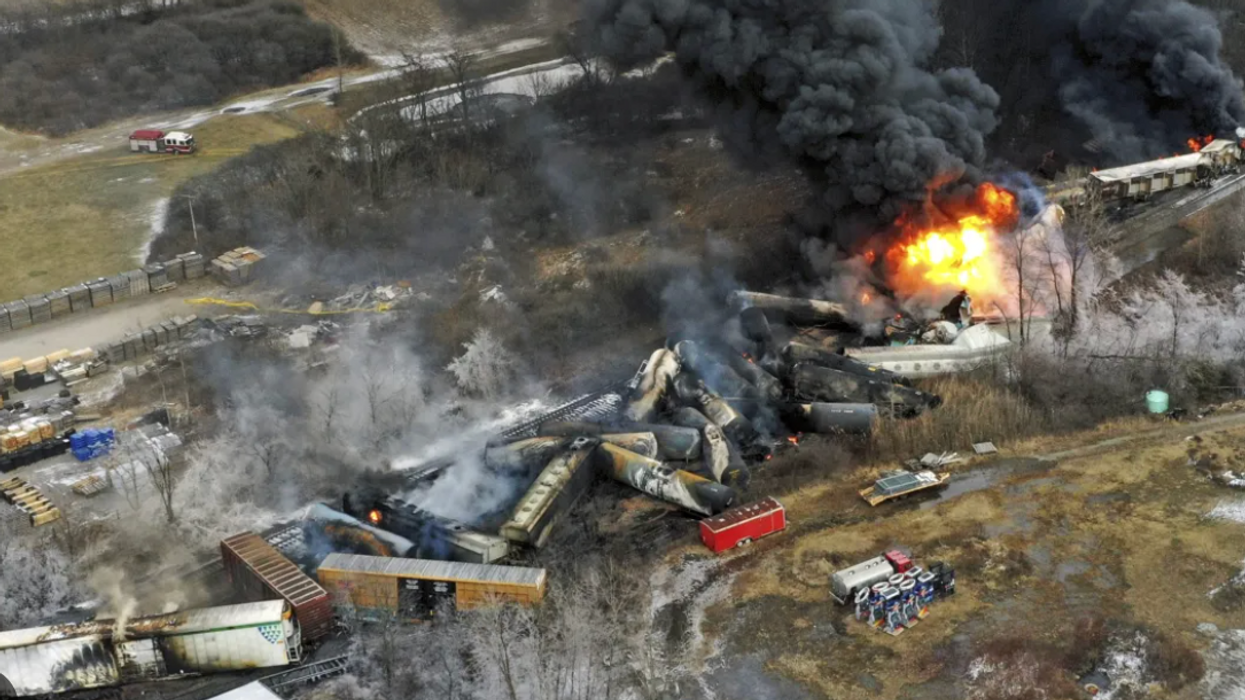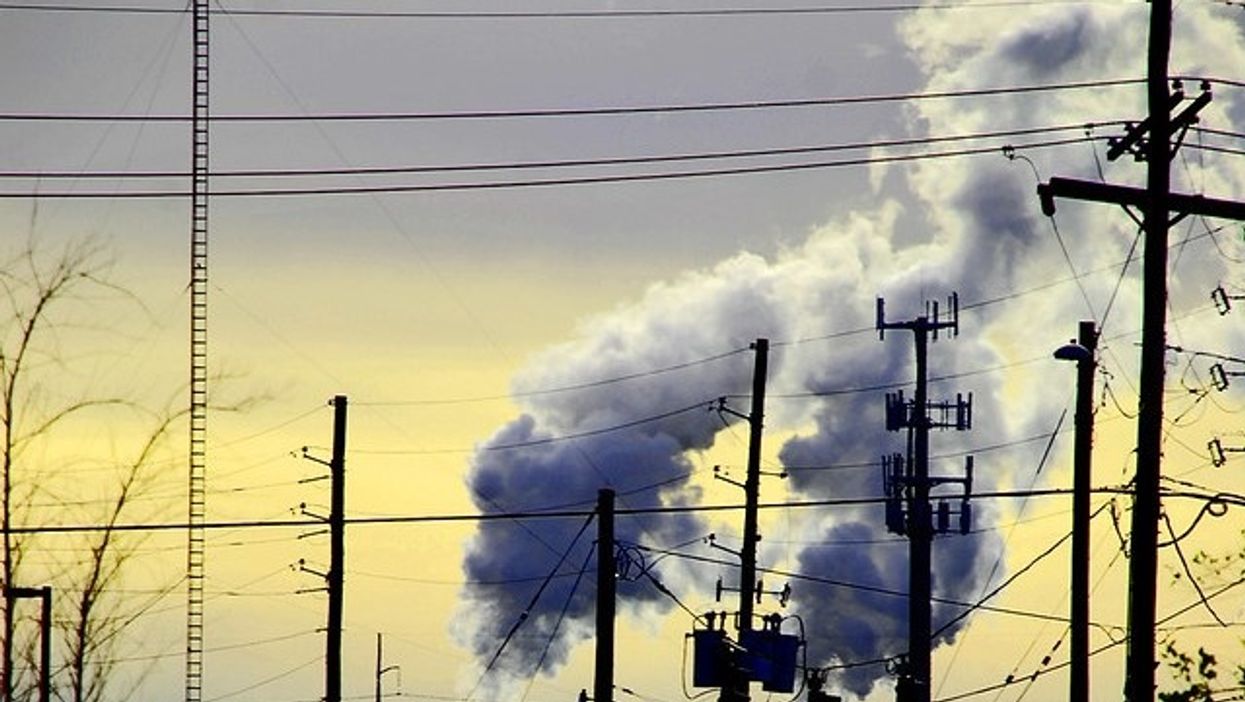Amid all the uncertainty about Donald Trump’s presidency, his admirers are sure of one thing: The economy is booming, and it’s because of him. We are riding a mighty wave of prosperity driven by his tax cuts, deregulation and business savvy.
The enthusiasm is contagious. “I’ve really liked what he’s done for the economy,” marveled Goldman Sachs CEO Lloyd Blankfein. “Year One has been nothing short of excellent,” declared Fox Business Network’s Maria Bartiromo. Blackstone Group Chairman Stephen Schwarzman said, “There are companies all around the world who are looking at the U.S. now and saying, ‘This is the place to be in the developed world.'”
They have some evidence to brandish: Economic growth picked up last year. The unemployment rate fell to 4.1 percent. The stock market soared by 27 percent during Trump’s first year.
So the bullish outlook is not entirely without basis. The economy is doing well in most respects, and Trump’s policies have contributed. Tax cuts are good for business, everything else being equal, and so is deregulation — though either may also have damaging consequences in the future.
But presidents don’t have nearly as much to do with our economic fortunes as Trump’s supporters believe. And if they do, those people owe Barack Obama a big fat groveling apology.
Trump is the classic example of a man born on third base who thinks he hit a triple. When he brags of low unemployment on his watch, he neglects to mention that under his predecessor, the rate fell from a peak of 10 percent in 2009 to 4.8 percent. When Republicans claim the Dow Jones industrial average as vindication, they forget that it tripled under Obama. Inflation, which they predicted would run out of control, was cut in half during his presidency.
The 2.3 percent real GDP growth Trump can point to in 2017 was better than the 2016 rate but worse than what Obama recorded in 2014 and 2015. Last year, the economy added 2.1 million jobs — which sounds good until you consider that it added even more in each of Obama’s last four years.
By two standards that Trump invoked on his way to the White House, he’s failing. The first is the trade deficit, which has grown since he took office. The second is the budget deficit, which fell from $1.4 trillion in Obama’s first fiscal year to $666 billion in his final fiscal year — and is projected to rise from $440 billion this year to $1 trillion by 2020.
Trump boasted on Twitter Wednesday: “Tremendous investment by companies from all over the world being made in America. There has never been anything like it.” Oh? From 2009 to 2016, new foreign direct investment more than doubled. Last year, it declined. Apparently, foreign investors are not feeling quite the same excitement they felt before Trump arrived.
If the standard GOP formula of tax cuts and deregulation is the key to economic progress, you have to wonder why it didn’t work for George W. Bush. Average annual GDP growth was higher during his tenure than during Obama’s, but Bush had a weaker record on job growth. The unemployment rate, which was 4.2 percent when he arrived, was 7.8 percent when he left.
The stock market declined in Bush’s first term and again in his second term, for a total loss of 25 percent. He also presided over a financial panic, a housing crash and the Great Recession, all of which struck with devastating force in the final year of his presidency and left the economy in a deep hole.
Much of what happened under Bush was not his fault, and much of what happened under Obama was not his doing. Presidents have only modest control over the enormous, unpredictable beast we know as the economy. Often they are not driving the bus but riding the train, fated to go wherever it takes them.
The Federal Reserve, Congress, foreign economies, wars and assorted unforeseen events play a role in raising or slowing growth. Simple luck and factors that may be invisible to everyone also affect outcomes. If and when the economy stalls, Trump and his fan club will deny responsibility.
For now, though, they are claiming successes that are nonexistent or greatly exaggerated. A year into his presidency, the Trump economy has yet to produce any better results than Obama did. And unfortunately, the economy doesn’t run on delusions.
Steve Chapman blogs at http://www.chicagotribune.com/news/opinion/chapman. Follow him on Twitter @SteveChapman13 or at https://www.facebook.com/stevechapman13. To find out more about Steve Chapman and read features by other Creators Syndicate writers and cartoonists, visit the Creators Syndicate website at www.creators.com.




